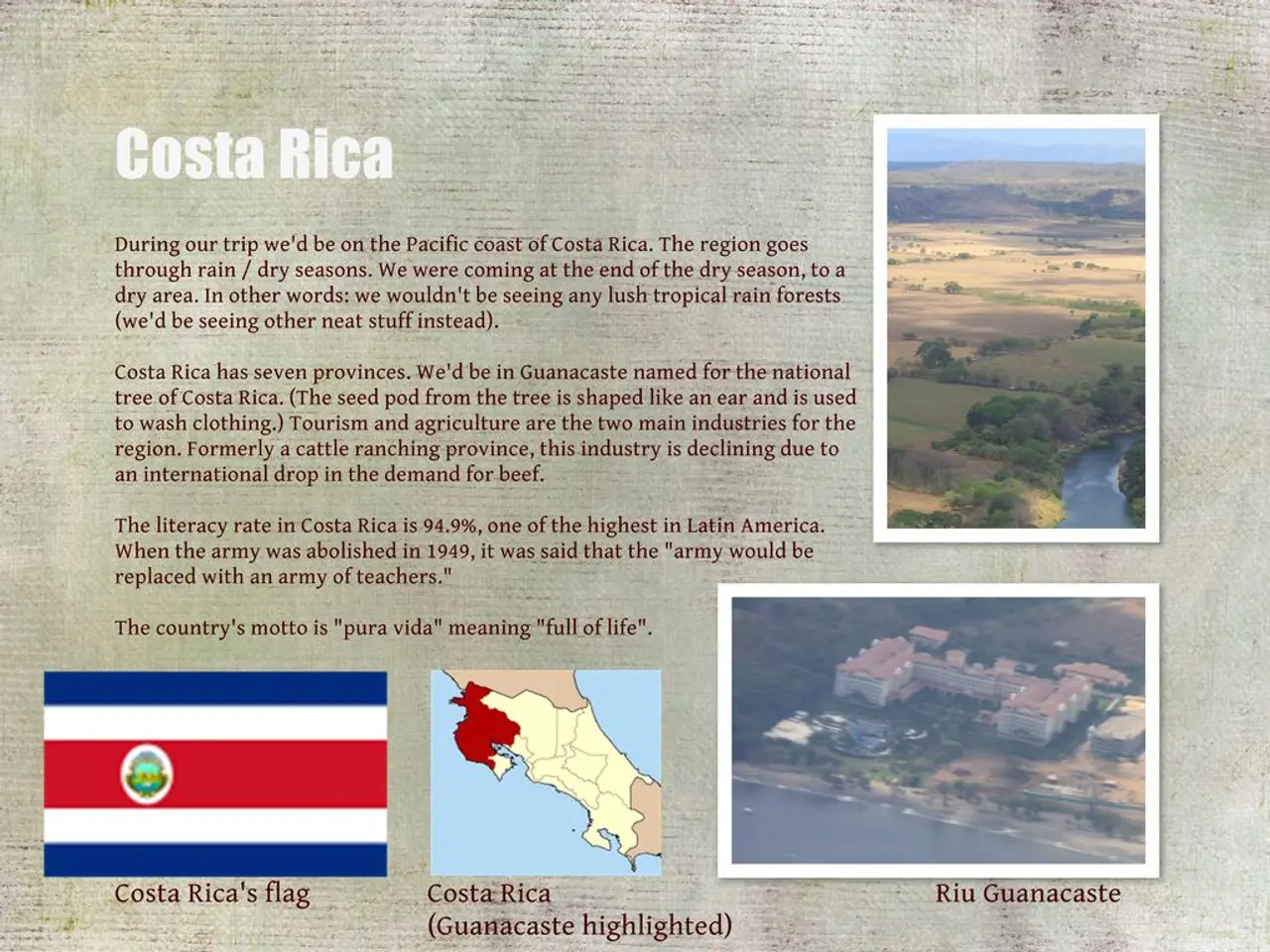Burkina Faso Launches 'Zero White Zone' Project to Expand Digital Infrastructure by 2027
The government of Burkina Faso has launched an ambitious project to expand digital infrastructure, aiming to close the digital divide and modernize public administration. The 'zero white zone' program, part of the government's digital transformation strategy, seeks to provide telephone coverage to every town in the country by 2027.
The project, launched in Ouahigouya, the capital of the Yaagha region, on September 30, 2025, aims to cover 750 white zones by the end of 2026. The initiative is part of the government's determination to position digital infrastructure as a driver of development and a tool for social cohesion. The Minister of Digital Transition, Postal and Electronic Communications, Dr. Aminata Zerbo/Sabane, emphasized the importance of collective efforts, urging regional governors, customary authorities, and religious leaders to facilitate the acquisition of sites and secure facilities.
The project is jointly funded by the Fund for Universal Access and Service (FASU) and the Project for Accelerating Digital Transformation (PACTDIGITAL). The estimated cost of the new 750-site rollout is FCFA 75 billion, with the government mobilizing FCFA 37.5 billion and telecom operators contributing the remaining investments.
The 'zero white zone' project is a significant step towards the government's goal of achieving full telephone coverage in Burkina Faso by 2027. With the support of regional governors and other local leaders, the project aims to expand access to digital services and strengthen the digital economy, ultimately driving development and social cohesion.







